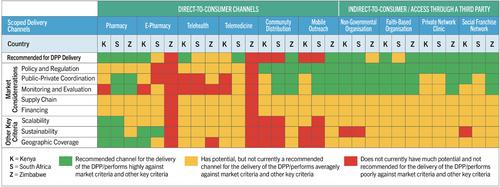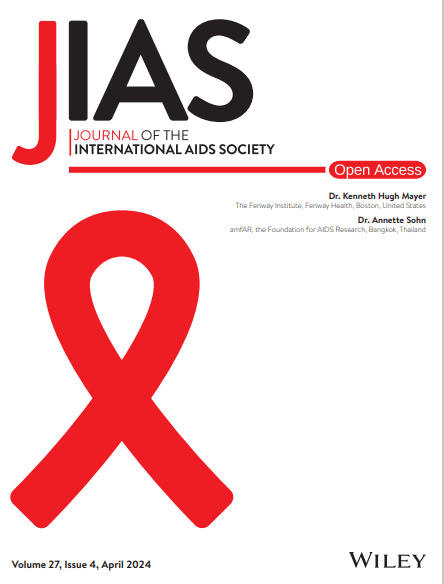The Dual Prevention Pill (DPP) combines oral pre-exposure prophylaxis (PrEP) with oral contraception (OC) to prevent HIV and pregnancy. Noting the significant role played by the private sector in delivering family planning (FP) services in countries with high HIV burden, high level of private sector OC uptake, and the recent growth in self-care and technology-based private sector channels, we undertook qualitative research in Kenya, South Africa and Zimbabwe to prioritize private sector service delivery approaches for the introduction of the DPP.
Between March 2022 and February 2023, we conducted a literature review and key informant interviews with 34 donors and implementing partners, 19 government representatives, 17 private sector organizations, 13 pharmacy and drug shop representatives, and 12 telehealth agencies to assess the feasibility of DPP introduction in private sector channels. Channels were analysed thematically based on policies, level of coordination with the public sector, data systems, supply chain, need for subsidy, scalability, sustainability and geographic coverage.
Wide geographic reach, ongoing pharmacy-administered PrEP pilots in Kenya and South Africa, and over-the-counter OC availability in Zimbabwe make pharmacies a priority for DPP delivery, in addition to private networked clinics, already trusted for FP and HIV services. In Kenya and South Africa, newer, technology-based channels such as e-pharmacies, telehealth and telemedicine are prioritized as they have rapidly grown in popularity due to nationwide accessibility, convenience and privacy. Findings are limited by a lack of standardized data on service uptake in newer channels and gaps in information on commodity pricing and willingness-to-pay for all channels.
The private sector provides a significant proportion of FP services in countries with high HIV burden yet is an untapped delivery source for PrEP. Offering users a range of access options for the DPP in non-traditional channels that minimize stigma, enhance discretion and increase convenience could increase uptake and continuation. Preparing these channels for PrEP provision requires engagement with Ministries of Health and providers and further research on pricing and willingness-to-pay. Aligning FP and PrEP delivery to meet the needs of those who want both HIV and pregnancy prevention will facilitate integrated service delivery and eventual DPP rollout, creating a platform for the private sector introduction of multipurpose prevention technologies.



